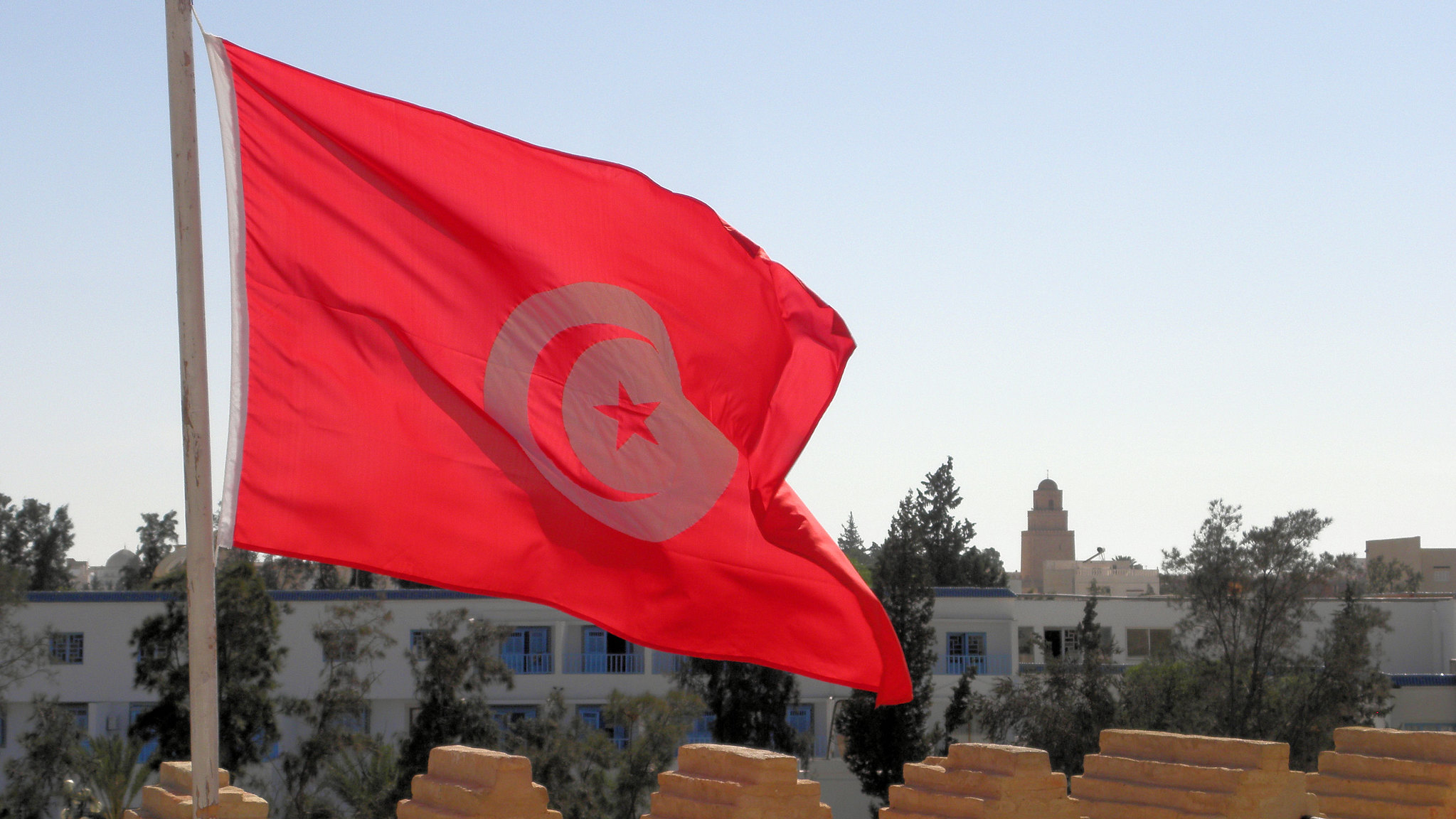Unresponsive Politics Leads to Renewed Protests in Tunisia

A decade after the revolution, Tunisian youth are once again turning to the streets to demand solutions after losing faith in political actors’ capability to address the current economic crisis.
Early this year, a wave of demonstrations erupted in marginalized regions across Tunisia and in front of parliament after the unemployment rate rose from 15.3 percent pre-pandemic to 17.4 percent according to the National Institute of Statistics and poverty rates have remained high. Thousands of young people were arrested, but no political solutions were developed or reached as politicians continued to focus their energy on political infighting. In June 2021, under pressure from a worsening economic crisis and a failure to secure external funding, the government began removing subsidies on basic materials to cover part of the budget deficit. Though there has been an overall decline in youth political participation, in the absence of any long-term economic vision or clearly defined reform program, protests are becoming their preferred way to participate in the political process.
Likewise, women’s participation and representation in government, which were notable achievements in the early years of Tunisia’s democratic transition, have been declining. Fewer women headed candidate lists in 2019 than in the legislative elections of 2014, and female representation within parliament decreased from 36 percent in 2014 to 25 percent in 2019. Additionally, the still-pending ministerial reshuffle proposed by the prime minister earlier this year includes 11 new ministers, none of whom are women, and would turn women’s representation from weak to almost non-existent.
As political parties have neglected outreach and building grassroots networks, they have become less representative of and responsive to the Tunisian public, including women and youth, resulting in decreased political participation. According to one UNDP report, only 6.11 percent of youth (18-25) participated in the second round of the 2019 presidential elections. To address this issue, IRI is supporting internal party policy centers and training academies to develop more responsive policy solutions, better incorporate the voices of women and youth, and foster the next generation of democratic leaders.
In instances where youth are already involved within parties, IRI is working to elevate their voices. IRI provided a series of policy development trainings to the youth of two different political parties in Tunisia, Ennahdha Movement’s training academy and Machroua Tounes’ central and regional bureaus. As a result of this training series, the young participants from both parties developed comprehensive policy proposals that target key social and economic issues and presented them to the relevant internal committees. In addition, IRI has just concluded a training series for the new generation of spokespersons from Machroua Tounes, who will serve as the face of the party.
In an effort to support politically motivated youth to enter the political arena, IRI is assisting new groups of young civil society activists to develop new political movements by building their capacity for political organization and policy development. These groups will draw upon their experiences as activists in Tunisian civil society to make effective change.
To inform the design process of IRI’s assistance strategy to support women’s political participation, IRI conducted assessments of women’s engagement with partner parties. Based on the assessments’ findings, IRI has tailored a training approach specific to each party’s needs to improve the capacity of their women members in areas such as communication, leadership, strategic planning, and electoral campaigns. At an institutional level, IRI will assist the parties to establish more clearer and inclusive bylaws. To provide women with the space to develop gender-responsive policy solutions, a series of small group discussions among women political and civic leaders are addressing the top barriers to women’s entrepreneurship in Tunisia working to develop policy solutions to be implemented in their communities.
It is crucial for Tunisian political parties and elected officials to consolidate the gains of 2011 revolution and set clear goals and inclusive policies that address the revolution’s many unfulfilled promises. Until they do, Tunisians are likely to continue turning to protest or even disengage from politics entirely. IRI’s work with Tunisian political parties is encouraging more representative and responsive governance by providing women and youth the tools to develop inclusive programs and policies reflective of citizen’s priorities.
Top